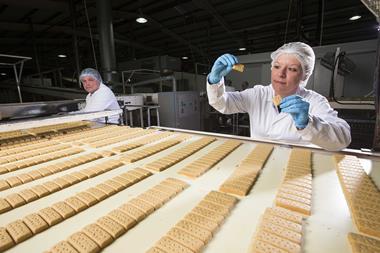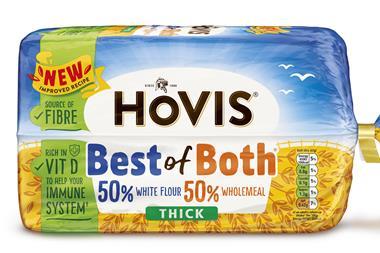Health experts have called for a more ambitious target on sugar reduction.
A study in a BMC Public Health journal has suggested sugar should account for less than 3% of people’s energy intake.
This is even more ambitious than the proposal from the World Health Organisation and government advisors, which advised it should account for 5%.
The new study examined the relationship between sugar intake and tooth decay in both children and adults.
It found that when sugar makes up 10% of energy intake, it induces more dental expenses in the health sector.
Report co-author Prof Philip James, a nutrition expert at the London School of Hygiene and Tropical Medicine and past president of the World Obesity Federation, has outlined the need for action.
He suggested that vending machines should be removed in government controlled areas like schools and hospitals.
The initial target of 5% of energy intake from free sugars amounts to five to six teaspoons for women, and seven to eight teaspoons for men, based on the average diet.
Authors of the study are both part of the Action on Sugar group, which is campaigning for tougher restrictions on sugar consumption in order to tackle obesity.



































No comments yet